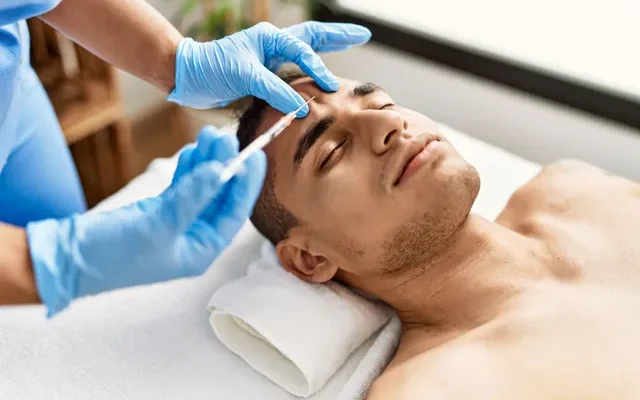Managing expectations for millennial and Gen Z clients can be tricky for med spa practitioners. These generations often seek immediate results and a seamless experience. samira soroudi mspa-c, a recognized expert, stresses the importance of clear communication. Practitioners must balance client demands with realistic outcomes. Understanding the unique desires of each generation helps create satisfying experiences.
Understanding Generational Preferences
Millennials and Gen Zs have distinct preferences when it comes to beauty and wellness treatments. Millennials, born between 1981 and 1996, value authenticity and transparency. They appreciate personalized services and often do extensive research before committing to treatments. Gen Z, those born from 1997 onwards, tend to be digital natives. They value innovation and expect cutting-edge treatments.
Both generations show a strong preference for non-invasive procedures. This preference aligns with their desire for quick, yet effective results. The challenge for med spa practitioners is to deliver these outcomes while ensuring safety and satisfaction.
Effective Communication is Key
Open and clear communication is crucial. Clients want to know what to expect during and after treatments. Practitioners should focus on setting realistic expectations from the start. This involves explaining the process, potential outcomes, and necessary aftercare. It is also vital to address common myths that might mislead clients.
One way to improve communication is to use visuals. Before-and-after photos or videos can provide a clear picture of likely results. Additionally, written materials that outline procedures can be helpful. Resources like those from FDA can offer credible information on treatment safety and efficacy.
Balancing Technology and Personal Touch
Technology plays a significant role in attracting millennial and Gen Z clients. They appreciate the convenience and efficiency of online booking systems and virtual consultations. Offering these options can enhance client engagement and satisfaction.
However, personal interaction should not be overlooked. Building a personal connection can foster trust and loyalty. Face-to-face consultations allow practitioners to better understand client needs and concerns, further personalizing the experience.
Managing Expectations: A Comparison
| Aspect | Millennials | Gen Z |
|---|---|---|
| Research Habits | Extensive; value reviews and authenticity | Quick; value trends and peer influence |
| Technology Use | Comfortable with technology; appreciate seamless experiences | Digital natives; expect cutting-edge solutions |
| Preferred Treatments | Non-invasive, personalized | Innovative, quick results |
Setting Realistic Goals
To manage client expectations effectively, it’s important to set realistic goals. Practitioners should avoid promising immediate transformations. Instead, they should emphasize gradual improvements. This approach not only ensures client satisfaction but also enhances treatment outcomes.
Med spa professionals should also educate clients on the importance of routine care. Routine care is more effective after treatment and helps maintain results. This education helps clients understand the long-term benefits of consistent skincare and wellness routines.
Building Long-Term Relationships
Successfully managing expectations can lead to long-term client relationships. Satisfied clients are more likely to return for future treatments or recommend the spa to others. By focusing on transparent communication and realistic outcomes, practitioners can build trust and loyalty.
Regular follow-ups are a great way to maintain these relationships. Checking in with clients post-treatment shows care and commitment. It also provides an opportunity to address any concerns and reinforce the value of continued care.
Conclusion
Managing the expectations of millennial and Gen Z clients is a challenge, but it is achievable. By understanding their unique preferences and balancing technology with a personal touch, med spa practitioners can create rewarding experiences. Clear communication and realistic goal-setting are key to success. These strategies not only enhance satisfaction but also build lasting client relationships.




